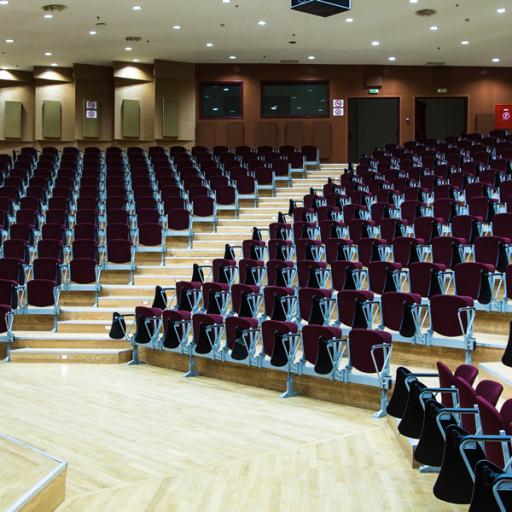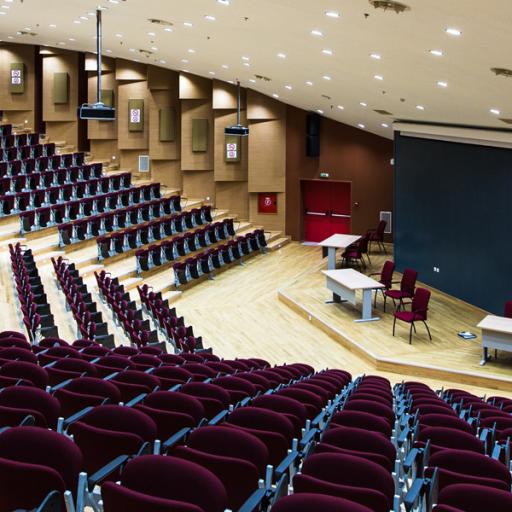Committees typically decide through voting. One of the challenges of the voting mechanism is to aggregate information when committee members have different quality of information. In such an environment, more complex rules allow voters to better aggregate information by endogenously allocating more decision power to members with better information.
We consider two polar examples of voting rules in terms of complexity: majority voting and continuous voting (CV). Under majority, members can simply vote in favor of the proposal, against it or they can abstain. Due to its coarseness, this system does not allow voters to properly express the quality of their information: it either ignores information of the poorly informed or it attaches the same weight to votes form highly informed. Under CV, instead, voters have incentives to choose the optimal weights that implement the efficient decision for any information structure. However, the desirable properties of CV might be overturned by the cognitive costs to deal with the additional complexity.
We compare agents' behavior under the two mechanisms using laboratory experiments, and we also study their preferences over these. We find that CV, despite the higher cognitive costs, does better than majority voting on average and gets higher support, but the difference is lower than theoretically predicted. One of the significant departures from theory is that voters with intermediate information quality attach too much weight on their votes.
Zoom link: https://uoc-gr.zoom.us/j/97374751400?pwd=UjZ4cUVaSXZ2bnZUT1BNSVhySFlDQT09





